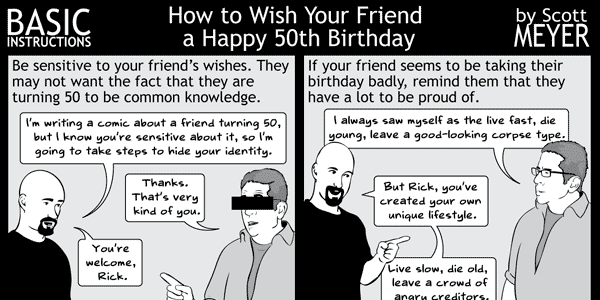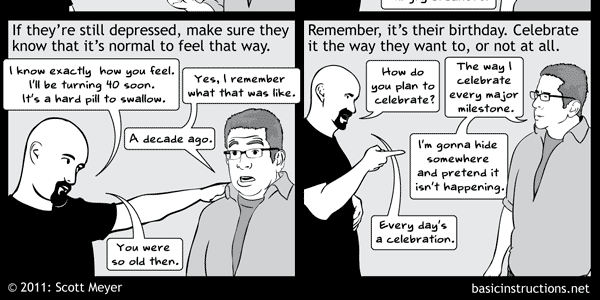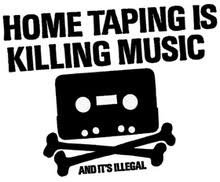

https://www.nytimes.com/1993/05/16/magazine/the-telephone-transformed-into-almost-everything.html
It’s the NYT (from 25 years ago!) so open in an incognito tab if you want to avoid article limits.
It’s crazy that this is from 1993.
To say that questions of privacy are involved would be to miss the point
– our sense of what can be private and what must be public is being
overhauled under our noses. The Administration has set off a furor in
telecommunications circles with a new proposal to build into the
electronic infrastructure a form of encryption designed to make
Government wiretapping not only possible but also efficient. The network
already has a frightening kind of intelligence built in, and soon it
may know at any instant where you are, who you are willing to take a
call from, how your credit stands, what kind of restaurant you like, how
you can get there and whether you’ll need to bring a raincoat.
Will we want to carry those boxes and wear those watches… will we,
consciously or unconsciously, wander toward new forms of community?
“I carry around one of these little boxes,” says a Motorola executive, Al
Zabarsky, "and get every day, besides my personalized mail, clippings
from services that clip according to your temperament, from companies
that specialize in original source material – whatever you guys in the
business call it.
“We used to call it news, Al.”
I had to stop pasting the prescient observations or I would have pasted text from every-other paragraph, and the article is quite long. But the author basically saw everything coming – mostly. If consumers and legislators had seen the changes coming, we might be in a better place. Maybe.
I worked at BellSouth R&D Lab not long after that, and I worked directly with Motorola to develop phones for us. We already were testing internet gateways and were sending images over text…at the same time we were still working with faxes and the paging system.
Many of the things were developed were kind of bridge technologies to deal with the limitations of systems we were still upgrading or with expenses we knew were going to go away in the future. Like, we had a number that you could call and it would, in sequence, ring your cell, your home, your work, and then take a voice mail (you could set up the sequence) and you could fax to it. Was super useful, actually. I had it on my phone. But that was just a bridge until everyone just carried around cell phones all the time and got rid of home and work numbers.
I would say the most radical thing I worked with was the Internet Gateway. Because I had JUST started using the Internet (that was first job with a T1 line), and there was not all that much to do on the web, I could see no purpose to use it on a cell phone. The use case for early adopters was people who worked on job sites way out in nowheresville, like builders, who might want to send blueprints to people.
Who can do that? Of course I can’t do any of the listed things.
We don’t have a landline at home, and I don’t have a work phone because for some reason it knocks out my computer’s internet connection if plugged in and I got tired of waiting for the IT guy’s promise to look into it.
(I’m also on month 9 of waiting to have a dead secondary CPU fan replaced, and week 3 of waiting for the RAM upgrade and new SSD and conversion to Windows 10 that I never asked for but was told was up next.)
I remember WAP/WML. It was awful. I remember it as an over-complicated simplification of HTML that emulated Gopher on flip-phone screens too small for it to be useful.
This really makes me appreciate working somewhere where it takes maybe 15 minutes to get approval for either a new computer or to get a loaner while the shop does repairs and about 15 minutes more to get to the shop and get a replacement.
IMO, Gleick is one of the best science writers going. Either that, or his last book was more of a confessional than we think.
Though, I still love The Information.
My sister had one.
I also used one at the radio station I worked at. It combined the worst disadvantages of tapes and CDs with none of the advantages, IMO.
The funny thing about your specific edge case is that pretty much no one had a scanner large enough to accept full-size drawings, and you had to use scripts to print PDFs from CAD files, assuming you actually had CAD, that is. Hand drafted building plans were still common at the end of the 90’s.
It’s possible that this was just their way of explaining to me how the Internet might be used in the FUTURE since I really was not capable of envisioning it. A lot of the stuff they did, in retrospect, was just so far ahead of where the rest of the world was at the time. Supposedly we were building tech 1-3 years out, but I think some of it was more like 10 years out.
IIRC, RIAA forced manufacturers to hobble these things with DRM. Am I remembering right?
AFAIK

(Before they had the chance to REALLY freak out about ripping CDs, online sharing, etc.)

Damnit. CD came before I managed to find an optical drive at home.
Guess I’ll rip it at work tomorrow.

I have a serious love of these early movies that created a computer look when the graphics were too crappy for computers to actually do graphics. There’s something about them that is like a love letter to digital media.